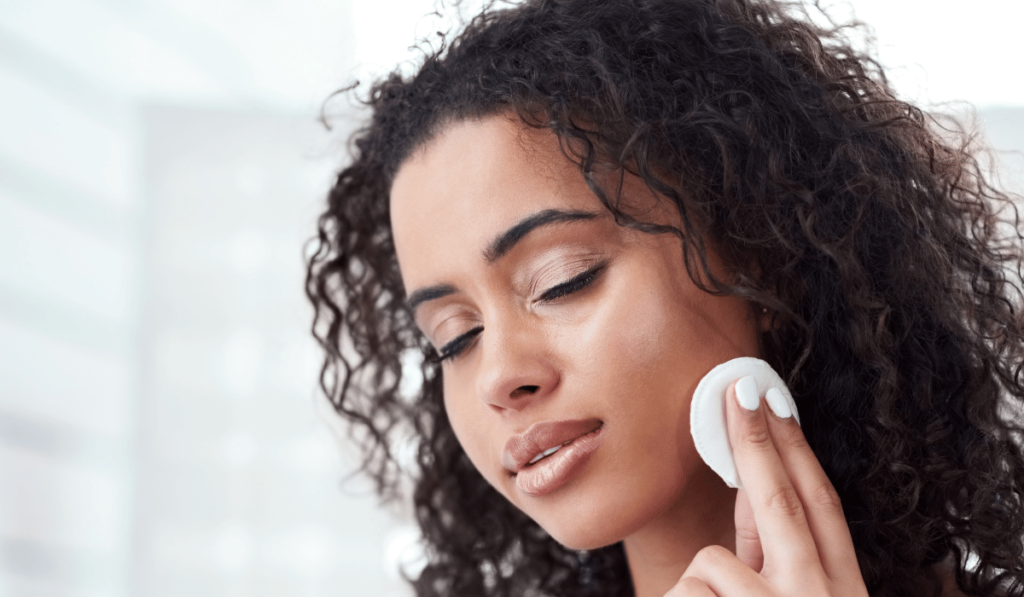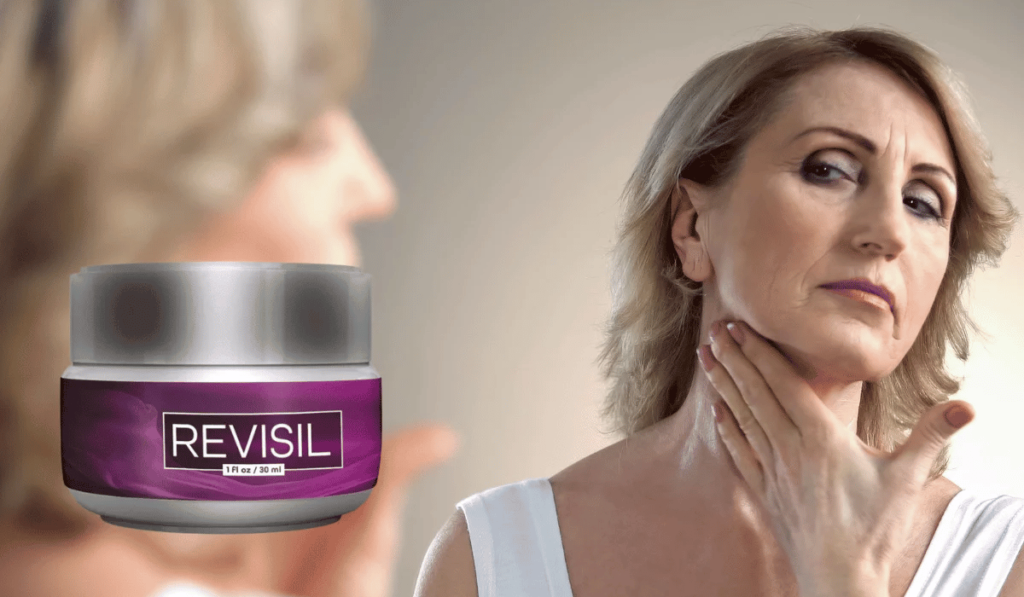Most believe that achieving radiant skin is a secret only known by a lucky few, but the truth is, it can be easily achieved with a few simple ingredients found right in your kitchen. Pamper yourself with these easy-to-make DIY face masks that will leave your skin radiant and glowing in no time. Say goodbye to dullness and hello to a refreshed and healthy complexion with these all-natural remedies that will have you feeling like a classic beauty, just like the elegant Audrey Hepburn.
Nourishing Face Masks
Honey and Oatmeal Delight
Nourishing your skin with a honey and oatmeal face mask can work wonders. Mix two tablespoons of honey with one tablespoon of finely ground oatmeal to create a paste. Apply it to your face and let it sit for 15-20 minutes before rinsing off with warm water. This mask is perfect for hydrating and soothing the skin, leaving it feeling soft and rejuvenated.
Avocado and Banana Bliss
On days when your skin is feeling dull and lackluster, treat yourself to an avocado and banana face mask. Mash half an avocado and half a banana together until smooth. Apply the mixture to your face, avoiding the eye area, and leave it on for 15-20 minutes before washing off. The combination of vitamin-rich avocado and moisture-boosting banana will leave your skin feeling refreshed and nourished.
Exfoliating Face Masks
Sugar and Lemon Zest Scrub
One delightful exfoliating mask you can make at home is the Sugar and Lemon Zest Scrub. Mix equal parts sugar with freshly grated lemon zest and gently massage the mixture onto your skin in circular motions. Rinse off with warm water to reveal smoother and brighter skin.
Coffee Grounds and Coconut Oil Revival
To rejuvenate your skin, try the Coffee Grounds and Coconut Oil Revival mask. Mix used coffee grounds with coconut oil to create a luxurious exfoliant. Massage the scrub onto your skin and leave it on for a few minutes before washing it off. Your skin will feel refreshed and revitalized.
Masks: Coffee grounds are packed with antioxidants that help brighten and tighten the skin. Coconut oil is rich in moisturizing properties that hydrate and nourish the skin, leaving it glowing and radiant.
Hydrating Face Masks
Cucumber and Aloe Vera Refresher
One way to revive your skin and give it a hydration boost is by using a refreshing cucumber and aloe vera face mask. This mask is packed with antioxidants and vitamins that help soothe and moisturize your skin, leaving it glowing and revitalized. Simply blend cucumber and aloe vera gel into a smooth paste, apply it to your face, and leave it on for 15-20 minutes before rinsing off with lukewarm water.
Rosewater and Glycerin Hydration Boost
Masks infused with rosewater and glycerin provide a much-needed hydration boost to your skin. Rosewater has anti-inflammatory properties that help reduce redness and irritation, while glycerin locks in moisture to keep your skin hydrated and plump. Mix equal parts rosewater and glycerin, apply it to your face, and let it sit for 10-15 minutes before rinsing off. Your skin will thank you for the extra dose of hydration!
Boost your skin’s hydration levels and achieve a glowing complexion with these DIY face masks!
Conclusion
Summing up, indulging in self-care with these DIY face masks can help you achieve glowing skin naturally. Take a moment to pamper yourself and enjoy the rejuvenating benefits of these simple and effective skincare treatments. Embrace your natural beauty and radiate confidence with a healthy, glowing complexion.
FAQ
Q: What are the benefits of using DIY face masks for glowing skin?
A: DIY face masks can help improve the appearance of your skin by providing it with important nutrients, hydration, and a healthy glow.
Q: How often should I use DIY face masks for glowing skin?
A: It is recommended to use DIY face masks 1-2 times a week to maintain healthy and glowing skin.
Q: Can I customize DIY face masks to suit my skin type?
A: Yes, you can customize DIY face masks by choosing ingredients that are suitable for your specific skin type, whether it be dry, oily, combination, or sensitive.
Q: Are there any precautions I should take before using DIY face masks?
A: It is important to do a patch test on a small area of skin before applying the face mask to ensure you do not have an allergic reaction to any of the ingredients. Additionally, avoid using ingredients you are sensitive to or have had reactions to in the past.
Q: How long should I leave DIY face masks on for best results?
A: Most DIY face masks should be left on for about 10-15 minutes to allow the ingredients to penetrate the skin and provide maximum benefits. However, always follow the specific instructions for each face mask recipe for best results.





